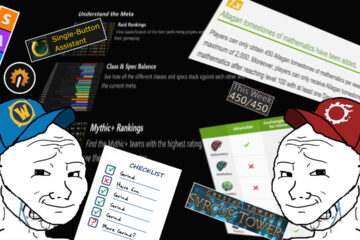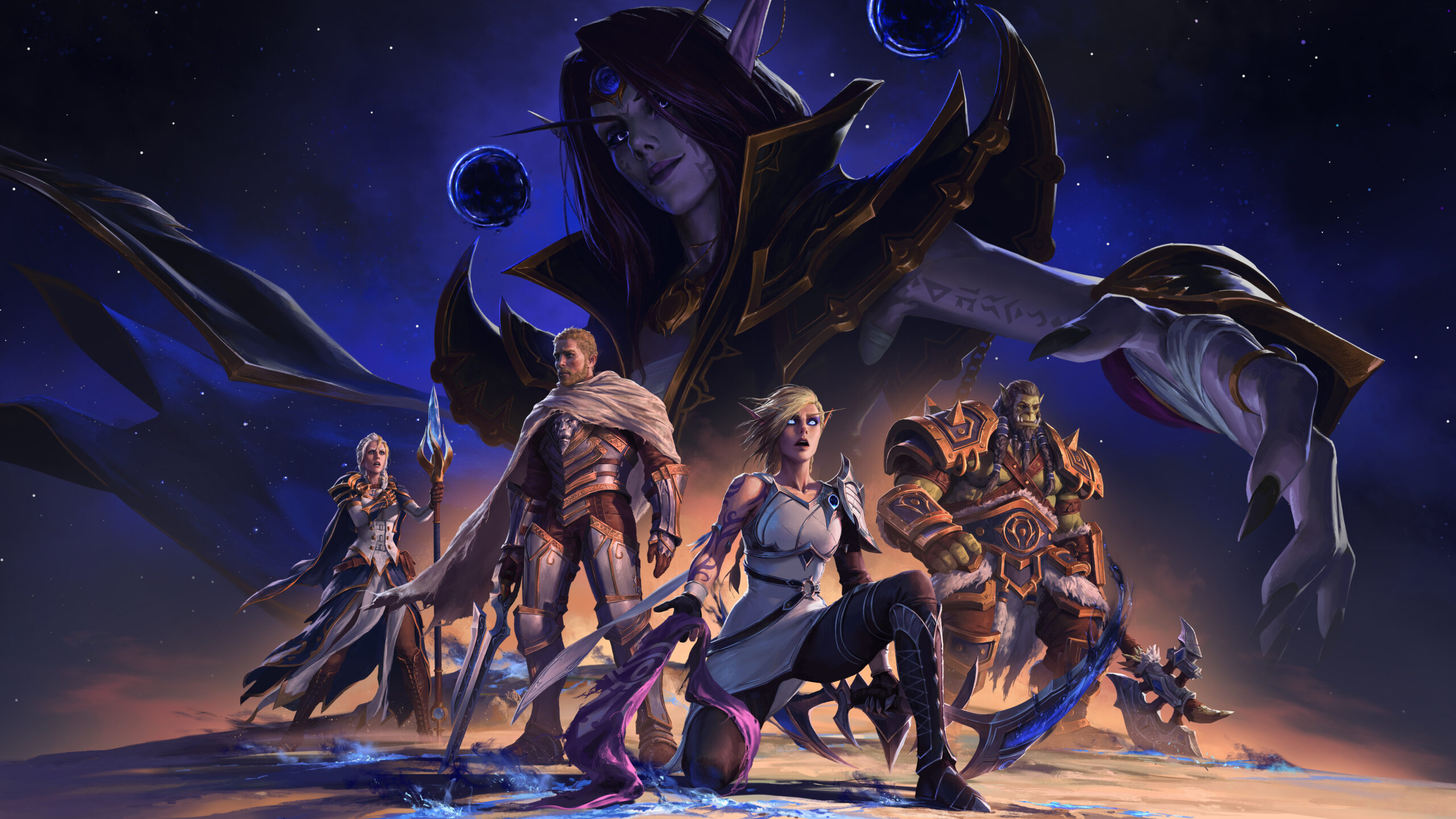You think someone would do that, dedicate time and effort either alone or with like-minded others in a community to keep a once-beloved “dead” video game alive?
I’ve been meaning to write about how there used to be a time when the lifespan of a video game was not decided by its developers ending support and pulling the plug on a server — but kept alive by its players, some of which provided free content such as new maps, skins, and mods adding new content, for free, before this battle pass era we now live in.
Multiplayer games did not need to entirely depend on “official” servers to continue being playable, and instead the burden of hosting could rest upon the hands of its players. Crossovers and cameos, so pervasive these days (thanks, Fortnite), were already a thing over 20 years ago — not official ones, mind you, but it was content that modders, skinners, and other hobbyists added to their beloved games without the need to grind for a battle pass or swipe mommy’s credit card. It was made by skilled people in the community, for the community.
This was the norm, and everyone was happy. But then along one day, came the idea of the live service game, of the always-online single player, of the curated content packs, DLCs, and all that. Customisation as a service is now perhaps, a talk for another day.
With the impending conclusion to the Stop Video Games European Citizens’ Initiative campaign next month, and the discourse surrounding it, I think it’s at least somewhat opportune to make a post detailing how communities can infant be able to keep a game alive long after the plug has been pulled — for it has been done before even without legal support, so imagine how much easier it could be with proper backing.
From personal experience, I can say that without a doubt, the best personal examples I can give you is Jedi Outcast (JK2) and Jedi Academy (JA), my very first proper online multiplayer games, and a video game very fond to me. A Quake-III shooter with Lightsabers and Jedi powers? Hell yeah. It’s a game that hasn’t been replicated properly in over 20 years, the closest you can get is the Battlefront series but it’s just not the same, not even the Jedi Fallen Order series comes close.
Those two games are a product of a bygone era, released right before Xbox Live and console online gaming became commonplace, before Call of Duty, Halo, and all that. For all intended purposes, the games died long ago, but they can still be played to this day, especially its multiplayer component.
Because it was not a live service game, the developers provided you with the server software executables right from the bat, allowing anyone to host their own server, with their own rules, on either Windows or Linux. It is a Quake III-engine powered game, so any dweeb like me could easily pull it off (except I didn’t had the internet to do it at the time, though).
If you bought a disc copy back in 2002, you can still play the game to this day. You can still join others in multiplayer even if the game’s original master servers were taken down years ago. To this day, you can host your own server with your own rules, mods, and content.
Can you say the same for the Original Overwatch or like, a sizable portion of Destiny 2? The former doesn’t exist anymore after Blizzard pulled the plug, the latter has so much content that, despite not being that good, cannot be played anymore at all because Bungie deleted it. What about games, single player ones, with always-online DRM checks? Games For Windows Live lol
Both JK2 and JA have survived for over two decades in one way or the other thanks to its community. Efforts have been made to create new client and server executables that add improvements, compatibility, and particularities that either did not exist before, or were a pain in the ass to do back in 2002 (switching JK2 game versions, for example).
Eventually, JK2 and JA’s respective source codes were released by one of its developers on Github — so in theory, you could expand upon a gameplay experience that hasn’t been properly replicated in 20+ years, or make something drastically different, given that it is a Star Wars games and the Big Mouse owns its IP.
“But, but the essence of the game wouldn’t be the same—” Yeah no shit, nothing ever is, but it’s something at least, unlike those other games that people once paid money for but can no longer play.
Ragnarok Online is another personal example, albeit a more legally sketchy one, I reckon. Granted, the original iterations of private servers — including the one that once used to be my online home — ran on copies of the leaked proprietary AEGIS server software, with people eventually making open source server emulator softwares.
But setting aside the legality (or illegality) of those servers, it was the only way to play iterations of the game that no longer officially existed in any way whatsoever, as Ragnarok Online, being an MMO, went through so many changes through time that drastically altered it. You prolly know the whole ordeal with World of Warcraft’s Nostalrius vanilla server, and how all of that led to Blizzard finally releasing Classic servers — it was something like that, just not as popular.
I could go on with other examples, such as Phantasy Star Online, or a myriad of attempts from others at resurrecting lost games, or restoring long gone multiplayer components and the sorts.
Even though I’ve been so jaded by modern gaming developers and their disreputable practices to the point that I’ve begun to yearn a second video game crash, I do hope the Stop Killing Games petition achieves its threshold for at least, start a conversation in the matter of video game preservation given the absolute state of it all. I now pay taxes in the EU, might as well see that they work on something that I’m interested in for once, right? I signed the petition last year, in fact, it’s one of the first things I was able to use my Italian ID card for lmao.


